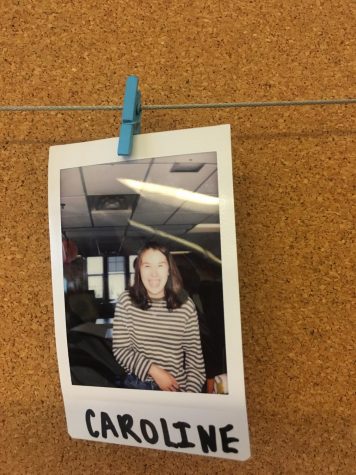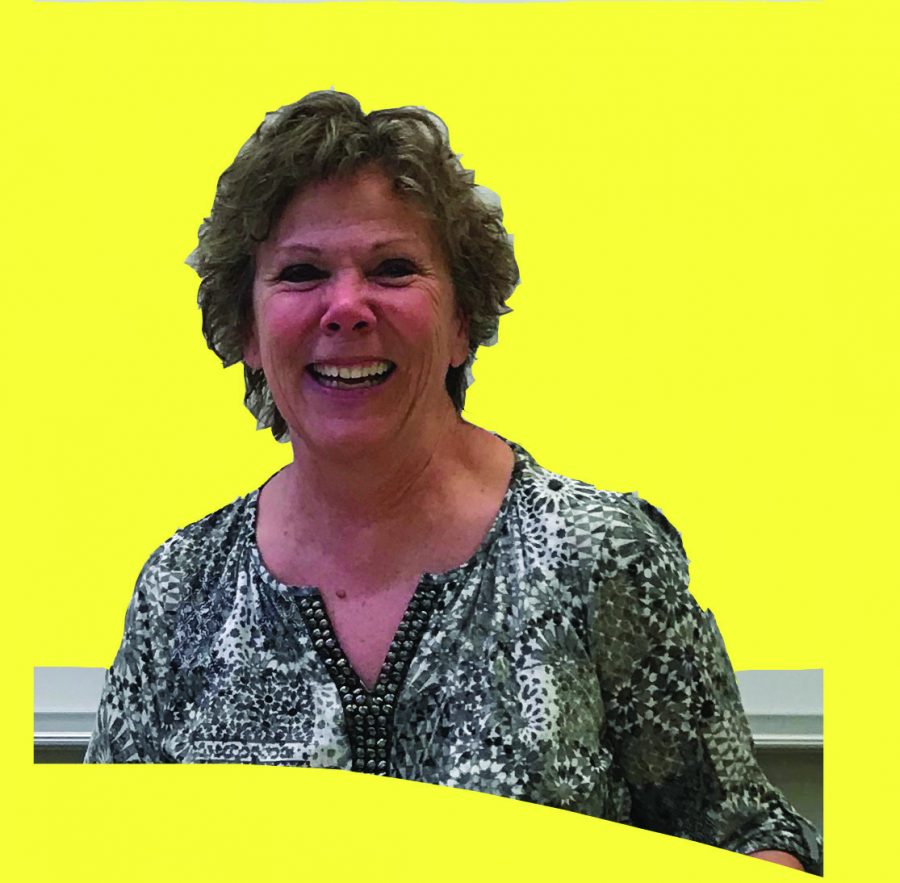College Isn’t Always the Only Option
Adjusting to changing perceptions of time after graduation
Weiss’s two children, who graduated from Blake, have both taken gap years.
“You have your whole life to go to school,” explains mother, science teacher, and former college professor Deborah Weiss. In response to this rapidly spreading movement towards relaxing and appreciating the time that students spend in academia, gap years have risen in both popularity and acceptance.
Leading to a national departure from the assumption of immediate college attendance after graduation, gap years, year-long breaks that students take between high school and college for a variety of reasons, eventually leading to immediate academic benefits, as well as life-long impacts upon character and maturity.
“As people realize that it’s okay to not go to college right away, people are realizing that they can do what they need to do to feel like they are prepared for college, rather than just going with the status quo,” explains Zoe Feldshon ‘21.
While the general assumption that gap years take the form of long trips abroad, they can truly take any form based on the unique needs of an individual student. Sara Kyle, Director of the College Counseling Department, explains that “you can’t make assumptions about why a student is choosing to do a gap year. There are all sorts of reasons that usually have nothing to do with college.”
The move to take a gap year is rarely related to college decisions, stemming instead from personal reflection of a possible need for a break or the reinforcement of certain skills. Despite the clear title of “college counselor,” the faculty in this department work to find the best option for the student. “I’ve had students over the years who I will bring it up to frequently in my work with them because I think it would be such a good option to consider, and there are other students who begin their college search knowing that they are going to take a gap year. For others, it’s a decision that they come to later, typically in the second semester of their senior year. It’s never related to the results that a student receives in their college process. It’s separate from that,” says Kyle, “It’s just a different path to college. Our role is to support students. If a gap year is the right way to support a student, great, we are happy to do that work. We aren’t worried about which names are on the college list, we are worried about supporting that student.”
Weiss’ two children, both of whom graduated from Blake, have both taken gap years. As a teacher, she sees the many benefits to taking a break, but as a mother, she has witnessed firsthand the impact that a gap year can have on the capability of a young adult in order to prepare them fully for college. “When you go away to college, you’re learning all of those things about being away from home and being on your own. But the stakes are a little higher. Your parents are forking out 40, 50, 60 thousand dollars. I’m hoping for most kids that there’s a feeling that they should put their best foot forward. But sometimes for kids managing all of those transitions and the social stuff and managing doing your best in school, it can be a lot,” explains Weiss.
With the brain of a young adult not developing fully until age 25 and a national average age of first year medical students of 24, it seems as though there is a general acknowledgement of the ability and need to take a well-earned break, with the understanding that higher education will remain part of a life plan. Kyle recalls that “earlier in my career, both on the college side and then when I came to Blake, parents were very concerned that if their child took a gap year, they would never go back to college. But, in many respects, it’s the opposite. They are more eager for college after a gap year because they are refreshed, they are energized and they are ready to get back and it. I generally find that parents are much more respective to it now, and it’s something that is much more commonly discussed and heard about.”
As Kyle explains, colleges have begun to see gap years as an asset for the chance of admittance into an institution. Weiss explains that, “they don’t advertise it, but there was no way it was a deficit.” Kyle adds, “[Colleges] love students who take gap years. They have had a years more lived experience. There’s maturity that comes with an alternative experience.”
Yet, even with this push for more flexibility and awareness to the possibility of a gap year, the rigorous academic community continues to see college as the prioritized default. Scott Klinefelter ‘20 explains that “Blake is, and probably always will stay, a prep school, so I feel like it will probably stay the same, where four year college is what they want you to do, and what you have been preparing for.”
Even so, the college counseling department has worked to make sure that information about gap years is included in the college process as early as ninth grade, and remains a completely variable and beneficial experience in order for a student to thrive in college, both academically and socially. Weiss explains, “they say that ‘C’s get degrees,’ but it depends on what you want to do afterwards, if that will really be ok. So you want to put yourself in a position where you are confident and prepared to do that. Academically, the kids all are. But that’s not the only piece of being away at school.”

Hi, I'm Caroline! I'm a senior. In the past two years, I've edited Student Life and Features. I'm currently Co-Editor-in-Chief and I edit InDepth. My favorite...

